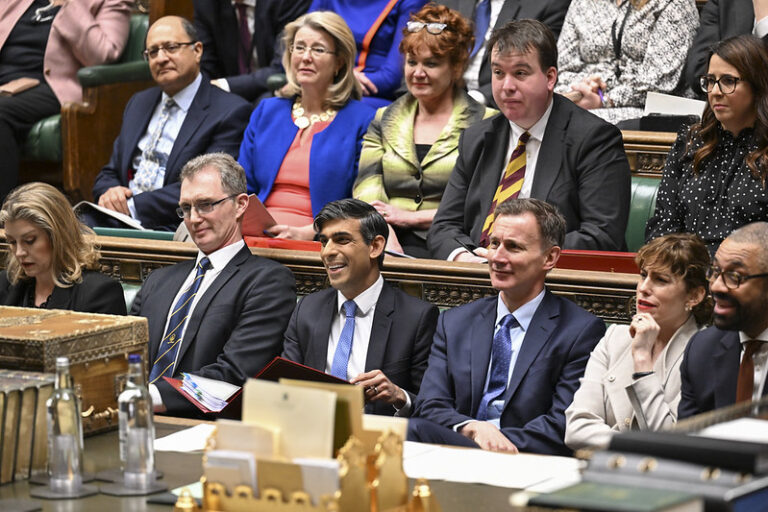During yesterday’s Spring Budget announcement (March 6), Chancellor of the Exchequer Jeremy Hunt announced that the 2024 budget for the Contracts for Difference (CfD) auction will be set at over £1 billion.
Later confirmed by the Department for Energy Security and Net Zero (DESNZ), the budget for auction round 6 (AR6) will be the “largest ever”, set at £1.025 billion.
Funding for AR6 will open on March 27, 2024 and will be split into technology groups called ‘pots’. These are as follows:
- Pot 1 (budget £120 million): Energy from waste with CHP, hydropower (>5MW and <50MW), stortgas, wind op land (>5MW), wind on remote islands (>5MW), sewer gas and solar photovoltaics (PV) (>5MW).
- Pot 2 (budget £105 million): Advanced conversion technologies (ACT), anaerobic digestion (AD) (>5MW), specific biomass with CHP, floating offshore wind energy, geothermal energy, tidal current, waves.
- Pot 3 (budget £800 million): Offshore wind.
This is a colossal increase on the AR5 budget, which was set at £227 million, even after receiving a £22 million increase over the original budget.
Despite this relatively low budget, AR5 was a great success for solar energy, with 56 solar projects collectively securing almost 2 GW (1,928 MW) of the allocated 3.7 GW of capacity.
Overall, AR5’s low budget and strike prices meant that no bids for offshore wind projects at auction, meaning Britain is missing out on a huge opportunity to increase its renewable capacity. The government continues to show signs of trying to ensure AR5’s mistakes are corrected, including increasing strike prices for all technologies allowed to bid at the auction, resulting in a 30% increase for solar from £47/ MWh to £61/MWh .
“Today the Government has taken a big step in the right direction by quadrupling the available budget – a clear statement of intent to step up the ambition to bring cheaper, greener energy onto the system quickly,” said Keith Anderson, CEO of energy company ScottishPower . .
“I expect the auction to be extremely competitive. Given the size of the available pipeline, there is always the opportunity to go further, and we would therefore encourage the government to re-examine the budget in light of developments.”
Little attention is paid to solar energy
Apart from the significant CfD AR 6 increase, Gemma Grimes, director of policy and delivery at Solar Energy UK, expressed her disappointment that yesterday’s Spring Budget contained “virtually nothing to support one of the UK’s fastest growing sectors: solar -energy.”
Instead, Grimes looked to the Green Jobs Plan, expected later this month, and insisted the legislation would provide a “solider vision of how the industry can grow by addressing the lack of crucial skills in the workforce. This hinders the deployment of Britain’s cheapest source of electricity.”
Part of this article was from our sister site Current±.


